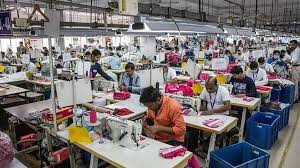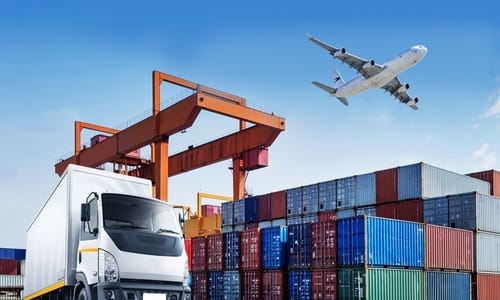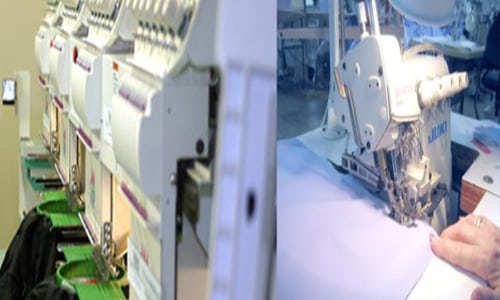
ISLAMABAD: While the government is all set to announce the budget for 2020-21 today (Friday), All Pakistan Textile Mills Association (APTMA) in a letter to Adviser to PM on Commerce and Textile Abdul Razak Dawood on Thursday asked for the continuation of energy package for export industry to ensure provision of electricity at 7.5 cents per unit and RLNG at $6.5 per mmbtu in next budgetary year.
In the outgoing year, the energy package has directly resulted in a volumetric increase of 32 percent of textiles over the last 18 months. This significant increase in volumes has come in a highly competitive international market where unit prices of products have fallen by as much as 26 percent.
The APTMA said: “As a result of COVID-19 a lot of the major retail chains in the US and EU are filing for bankruptcy; those that remaining are forcing up to 30 percent discounts and delayed shipping on orders already placed and in some cases shipped. By all accounts demand for textiles has crashed and is unlikely to attain the previous levels for the foreseeable future. Competition for the remaining market where price levels will be substantially low is likely to be intense.”
Under the emerging circumstances, the letter said, continued provision of regionally competitive energy is absolutely essential if Pakistan is to continue to rely on reasonable export earnings to support its Balance of Payments.
Textile industry through the APTMA letter said that Pakistan has a continuing balance of payments crisis and is being financed by local and international borrowing. More debt piling or borrowing is not a feasible solution. The letter said that this challenge can be overcome only by increasing exports.
It mentions that the government has clearly stated its intention to promote exports. The government specifically took action to overcome some disadvantages faced by Pakistani exporters such as provision of regionally competitive energy prices, which were otherwise higher than those of regional, and competitor countries.
In the 18-month period when competitive energy prices were implemented, Pakistan’s textile exports increased in real (US$ terms), even though prices per unit values of exports were lower. So even though the external environment was not favourable, textile exporters were able to compete in international markets and achieved increased exports which would otherwise have fallen by over $3 billion per year necessitating increased borrowing.








